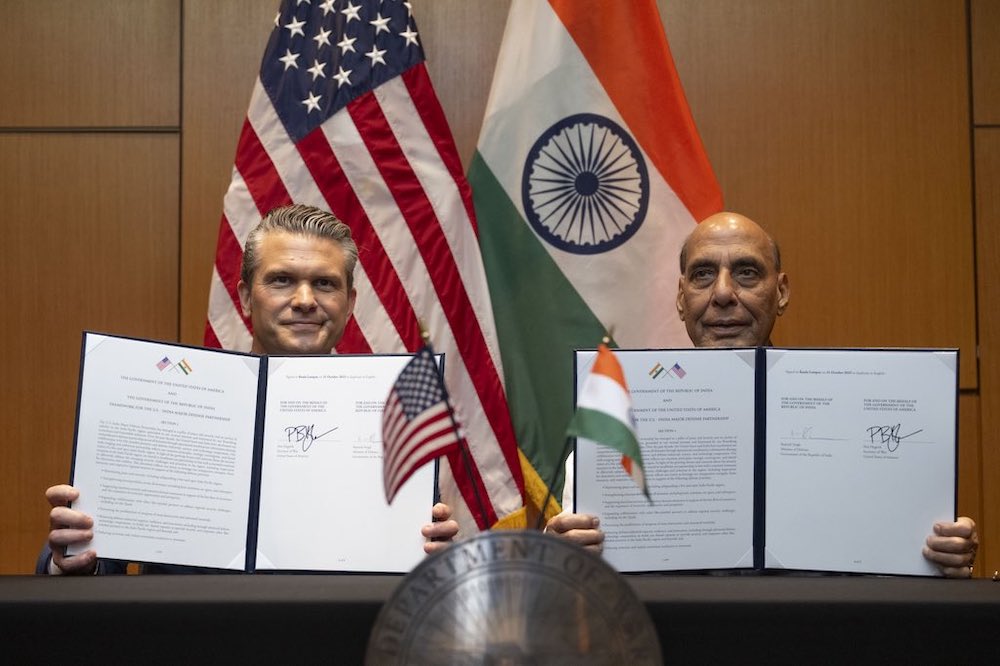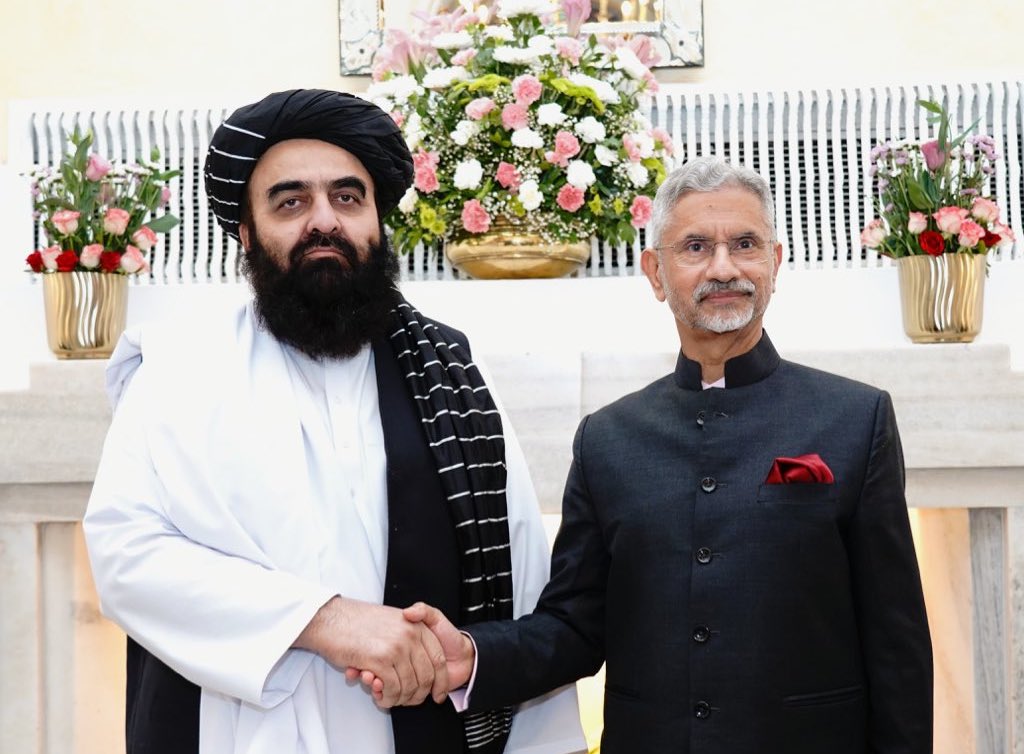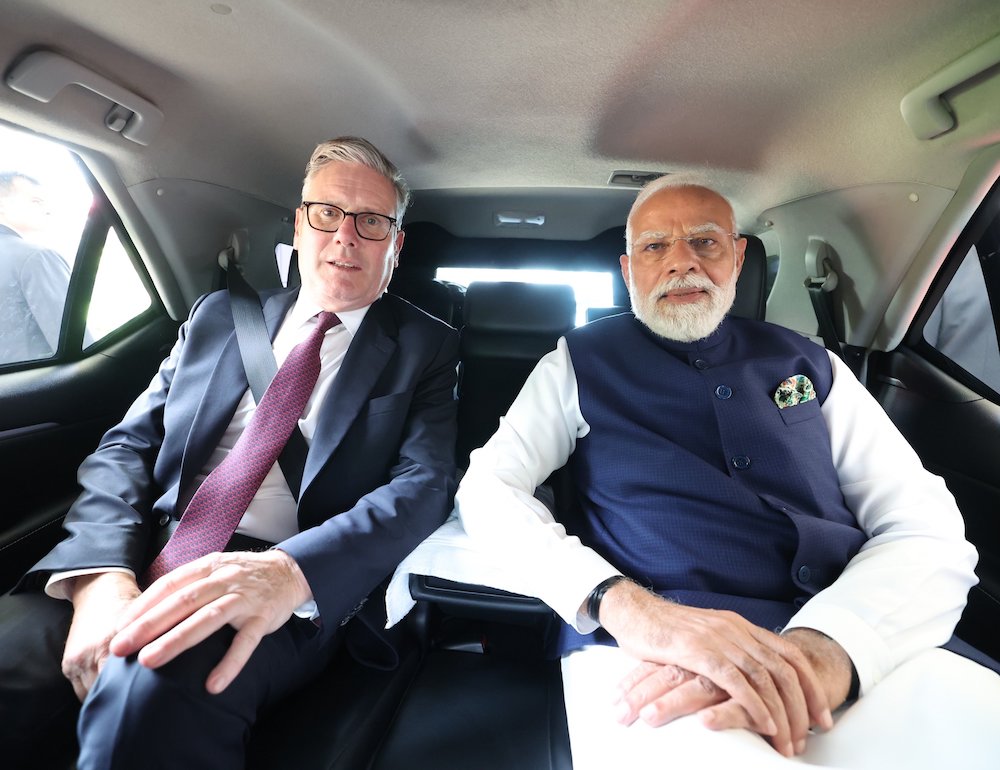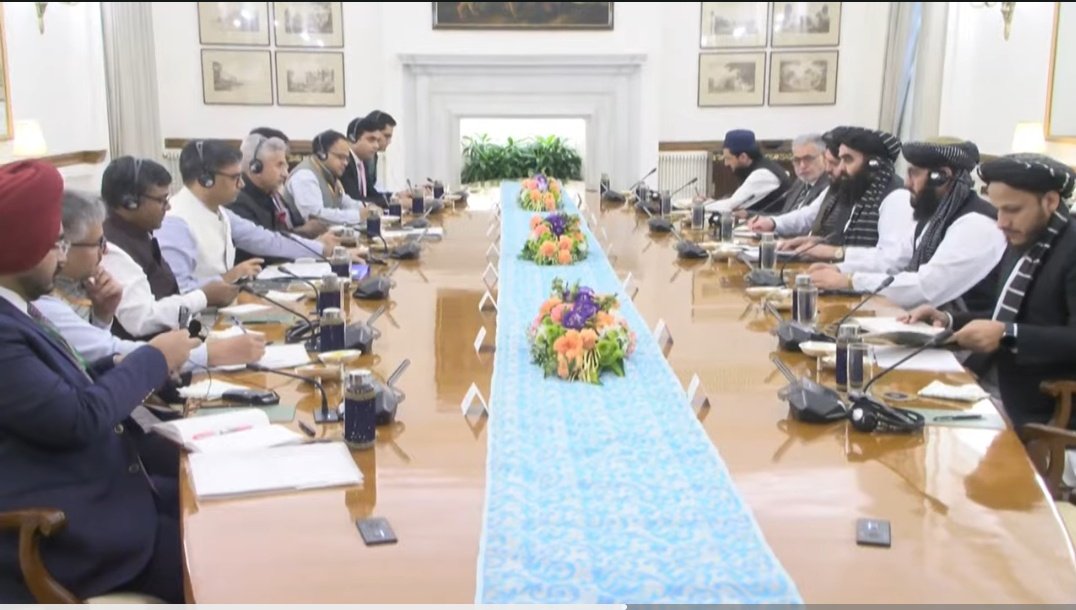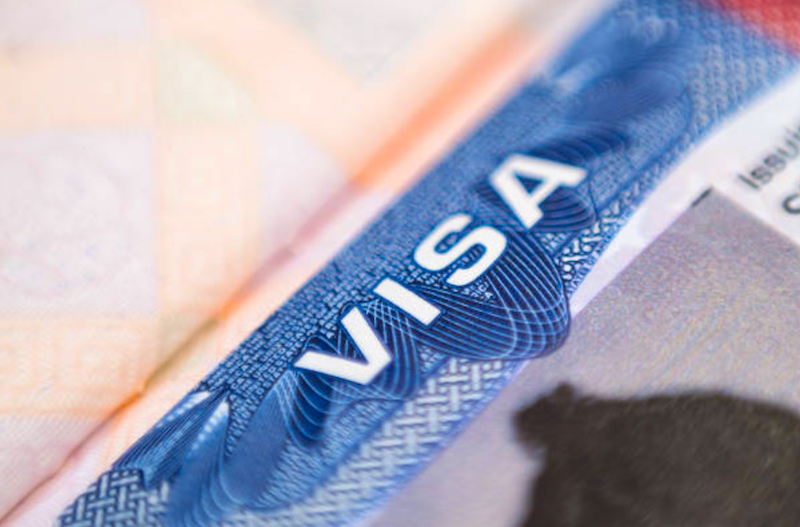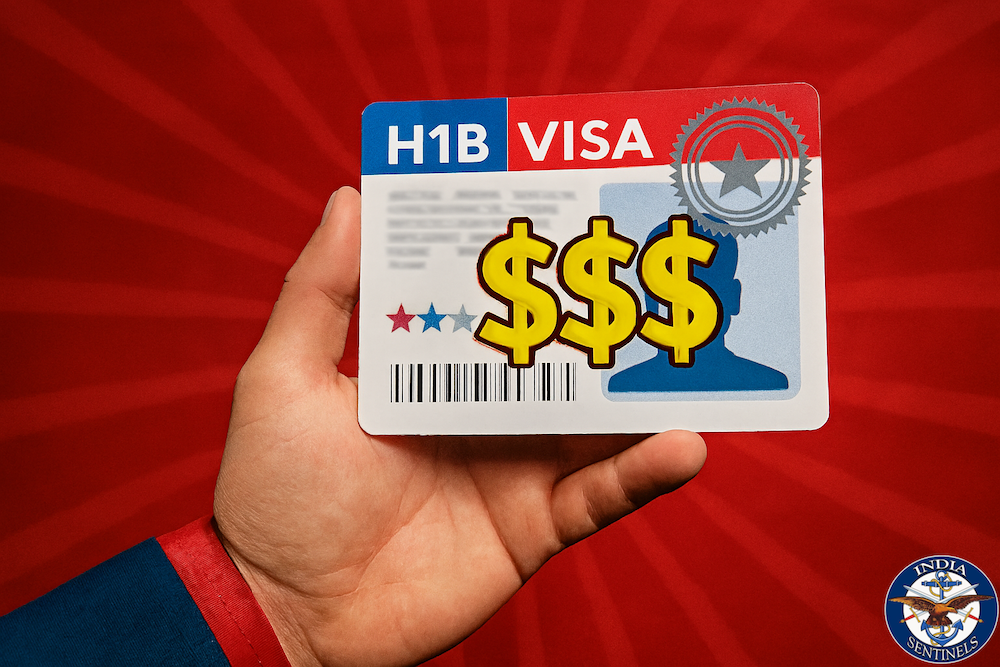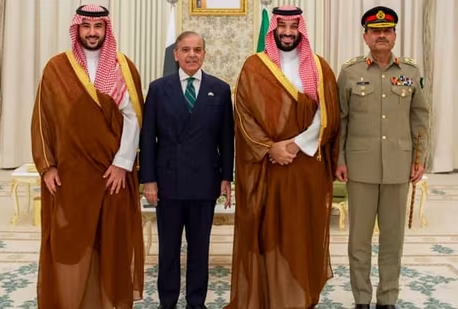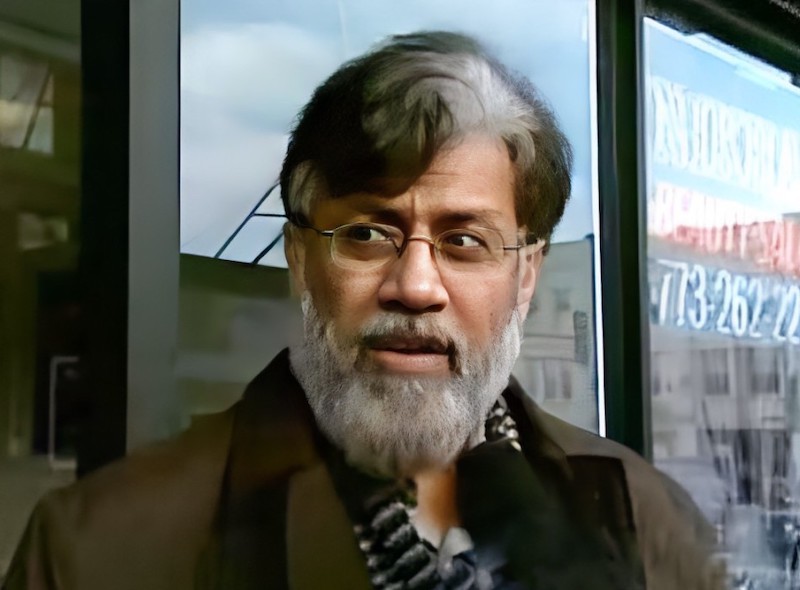 Tahawwur Hussain Rana. (Video screenshot)
Tahawwur Hussain Rana. (Video screenshot)
New Delhi: In a significant development in the 2008 Mumbai terror attacks case, a United States appeals court has ruled that Tahawwur Hussain Rana, a Pakistani-origin Canadian businessman, can be extradited to India. Rana is accused of playing a crucial role in the attacks that killed 166 people, including US citizens, in the financial capital of India between November 26 and November 29 that year.
The appeal court’s decision, which came on Saturday, is seen as a major setback for Rana, 63, who has been fighting extradition from his detention in Los Angeles. The ruling affirmed the decision of a lower court – the district court of California’s Central District, which had previously rejected Rana’s petition challenging his extradition.
It said that the India-US Extradition Treaty (signed between New Delhi and Washington on June 25, 1997, and ratified by the two countries on July 21, 1999) permits Rana’s extradition despite his acquittal on related charges in the US. Additionally, the court found that New Delhi had provided sufficient evidence to establish that Rana probably committed the crimes he has been charged with by Indian prosecutors.
Rana was a Pakistani army captain and served as a military doctor before moving to Canada and establishing himself as a businessman providing immigration services. He has been linked to the 2008 Mumbai attacks through his association with David Coleman Headley (born Daood Sayed Gilani) – a Pakistani-American terrorist and a key conspirator in the attacks. Headley, who was arrested by US authorities in 2009, had testified against Rana, implicating him in the planning and execution of the attacks carried out by the Lashkar-e-Taiba – a Pakistan-based terrorist group.
Headley, 64, is currently serving a 35-year prison sentence in a US jail after entering a plea bargain with the US authorities, which spared him a life imprisonment and possibly the death sentence.
Rana was initially tried in a US district court for providing material support to the Lashkar. However, he was acquitted of conspiring to support the attacks themselves, while he was convicted of supporting a foiled plot in Denmark. India, however, has maintained that Rana was a key conspirator in the 26/11 plot and sought his extradition under the India-US Extradition Treaty to face charges of murder, conspiracy, and terrorism.
Rana’s lawyers have indicated that they may appeal the ruling to the US supreme court. However, the appeals court’s decision on Saturday significantly narrows his legal options. If the US supreme court declines to hear the case or upholds the lower court’s ruling, Rana could be extradited to India to face trial.
The Indian government has welcomed the ruling, expressing hope that Rana’s extradition will bring justice to the victims of the 2008 Mumbai terror attacks. Given its implications for international counterterrorism efforts and extradition treaties, the case continues to be closely watched, especially by those countries who have been victims of terrorism.




